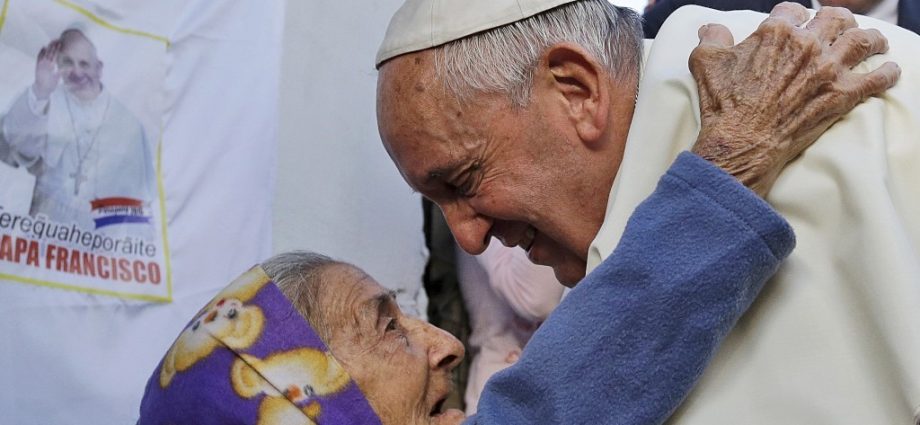By Stanislaus Alla
New Delhi, Dec 6, 2023: Pope Francis on November 10 wrote a personal letter to four German women who recently shared with him their concerns about the direction the German synodal path is taking.
The German synodal way has been in the news for the last several years and its deliberations and directions have been a cause of concern, especially for the Vatican.
Simply put, a significant section of Catholics in Germany intensely desires to set up a Synodal Council, ‘an advisory and decision-making body’ (opinions vary on this aspect), composed of lay men and women, clergy and bishops.
The purpose of this body, among other things, is to discuss -and eventually promote- some doctrinally-sensitive issues such as priestly celibacy, female diaconate, priestly ordination of women, blessing of same sex couples, role of women in the Church, financial management of the Church, etc.
Conversations are going on globally on these topics including at the recently concluded synod and the Catholic faithful, including the bishops and priests, religious and clergy, are heavily divided in their views on them. From the time of the establishment of German Synodal path, particularly because the topics it plans to explore are doctrinally and morally sensitive, the Vatican has been taking a cautionary approach on this matter, lest the Catholic community is divided.
More than once, the Vatican has warned the German Church, making it clear that such a move is harmful and is therefore best avoided. This is in addition to the “Letter to the Pilgrim People of God in Germany” that Pope Francis wrote in 2019 in which he requests the Germans to reconsider this initiative.
While the conversations and correspondence on the German synodal path is not new, what makes ‘news’ in the Pope’s letter is the shift and emphasis. Sexuality-related concerns need attention and clarification but they are not the only issues, the Pope clearly reminds. He is emphatic: self-absorbed dialogues, committees and consultations on thorny issues have limitations and that we may have to discover and find much fruit in ‘prayer, penance and adoration.’
Keeping the larger global concerns in focus, Pope Francis challenges the German Catholics, and all of us, to visit the “thresholds of our church doors, in the streets, within prisons, hospitals, public squares, and cities… I firmly believe that in these places, the Lord will guide us.”
Undoubtedly, it is not to belittle or ignore the issues that many of us (or the German Catholics), as individuals or communities, struggle with but it is to remind ourselves that there are larger issues that easily escape our attention. The Pope reminds that even if we are stuck in our own world of concerns, it is critical not to forget that there are other, larger worlds and issues that matter to us collectively, and to God. When we encounter the Lord there, in the poor and in the prisoners, in the unemployed and in the migrant, in the discriminated and in the violated, the Lord may reveal God’s designs and guide us to the paths unimagined.
Pope’s Letter to four German women, calling for ‘openness’ and for ‘action’ has a message for the Indian Catholic Church as well: not to get stuck with smaller issues (the Catholics can decipher what these issues are in the local contexts) but be involved in the larger issues, in order to build-up the nation and the Church.
(Jesuit Father Stanislaus Alla teaches moral theology at Vidyajyoti College of Theology in Delhi.)


The write-up mentions: “When we encounter the Lord in the poor and in the prisoners, in the unemployed and in the migrant, in the discriminated and in the violated, the Lord may reveal God’s designs and guide us to the paths unimagined.”
The irony in the Catholic Church in India today is that the clergy emphasizes the presence of God “only in the Church buildings – in the tabernacle”. The laity is being brainwashed accordingly.
Today, if the Last Judgement takes place, a vast majority of the clergy will not qualify as they will not meet the criteria: “I was hungry and you gave me food; I was thirsty and gave me drink; I was naked and you clothed me….”